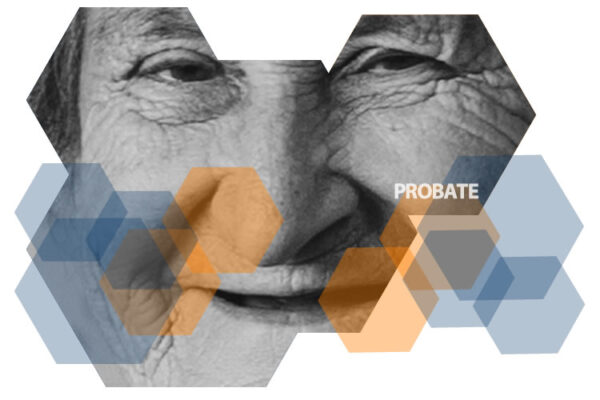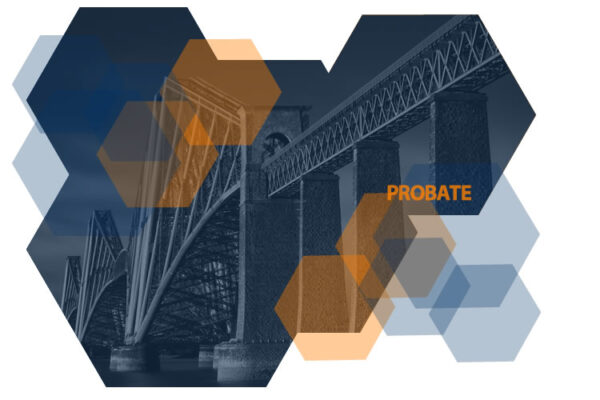PROBATE
IN STATE OF CALIFORNIA

Probate is a legal process whereby a court validates the deceased person’s will or determines that he or she died without a will.
Purpose of Probate
Most people are aware of “probate” but do not know what it means. Especially in view of what is written in the popular media, most people want to avoid the hassle, time, and costs of this process. Probate is not designed to be an employment bill for attorneys. The probate process can be avoided, but most people do not take the time or effort to understand what this process is and how it can be avoided.
The court also appoints someone to handle the decedent’s assets and pay the bills owed at death. That someone is referred to as an executor, or administrator with the will annexed, depending on the circumstances.
An additional purpose of probate is to see if anyone was owed money at the time of death that creditor can come forward and make a claim to receive payment. There is a fixed period of time for creditors to come forward and demand payment.
Along with the payment of debts, the probate process is designed to see that taxes are paid. Income taxes for the personal income tax return up to the date of death must be paid. Income collected during probate requires the filing of a separate estate income tax return and the payment of tax.

Lastly, after all assets of the decedent are collected, assets are sold and taxes and debts are paid, then the executor or administrator must distribute the remaining assets in accordance with the decedent’s will or the rules of intestate succession if the decedent died without a will.


